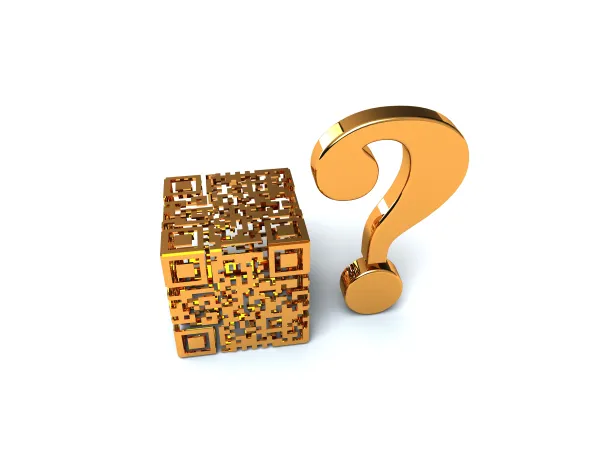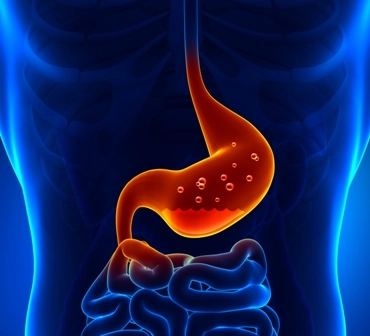ICD 10 Coding Alert
Reader Question:
Check for Specific Circadian Rhythm Sleep Disorder Details
Published on Wed Feb 06, 2019

You’ve reached your limit of free articles. Already a subscriber? Log in.
Not a subscriber? Subscribe today to continue reading this article. Plus, you’ll get:
- Simple explanations of current healthcare regulations and payer programs
- Real-world reporting scenarios solved by our expert coders
- Industry news, such as MAC and RAC activities, the OIG Work Plan, and CERT reports
- Instant access to every article ever published in Revenue Cycle Insider
- 6 annual AAPC-approved CEUs
- The latest updates for CPT®, ICD-10-CM, HCPCS Level II, NCCI edits, modifiers, compliance, technology, practice management, and more
Related Articles
Other Articles in this issue of
ICD 10 Coding Alert
- Guideline Update:
Shore Up Your Hypertension Coding, Based on Revised Guidelines
Move beyond the code changes, but don’t miss other critical updates. At this point, you’re [...] - Notes Primer:
Dig Deeper When You See Excludes1 Notes
Rely on new Coding Clinic clarification for help. If you see an Excludes1 note after [...] - Pediatrics Focus:
Follow 3 Tips for Neonate Diagnosis Success
Don’t miss crucial guidelines that affect your code selection. When you’re reporting diagnoses for patients [...] - You Be the Coder:
Test Your Tendinitis Typing Skills
Question: During the course of an evaluation and management (E/M) service for a new patient [...] - Reader Question:
Switch 'A' to 'D' for Second Dislocation Encounter
Question: A 7-year-old was playing on the monkey bars at a local park when he [...] - Reader Question:
Check for Specific Circadian Rhythm Sleep Disorder Details
Question: I just started working at a PM clinic that performs sleep studies, and am [...]
View All




